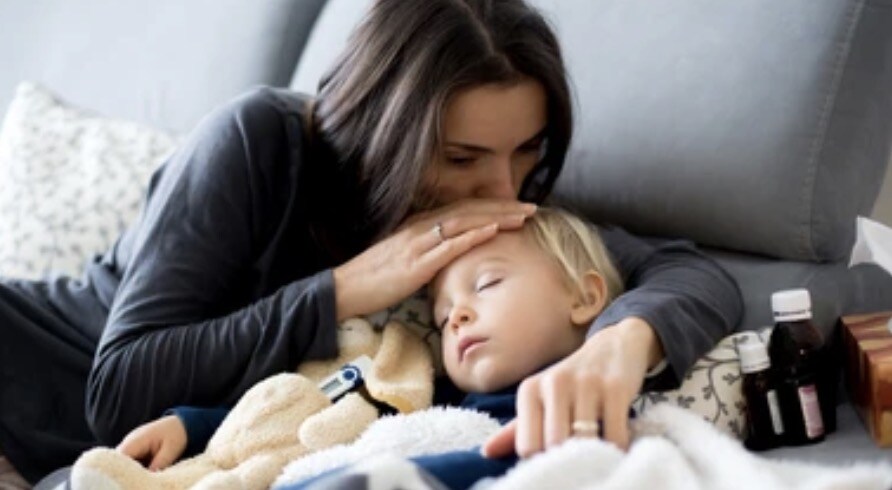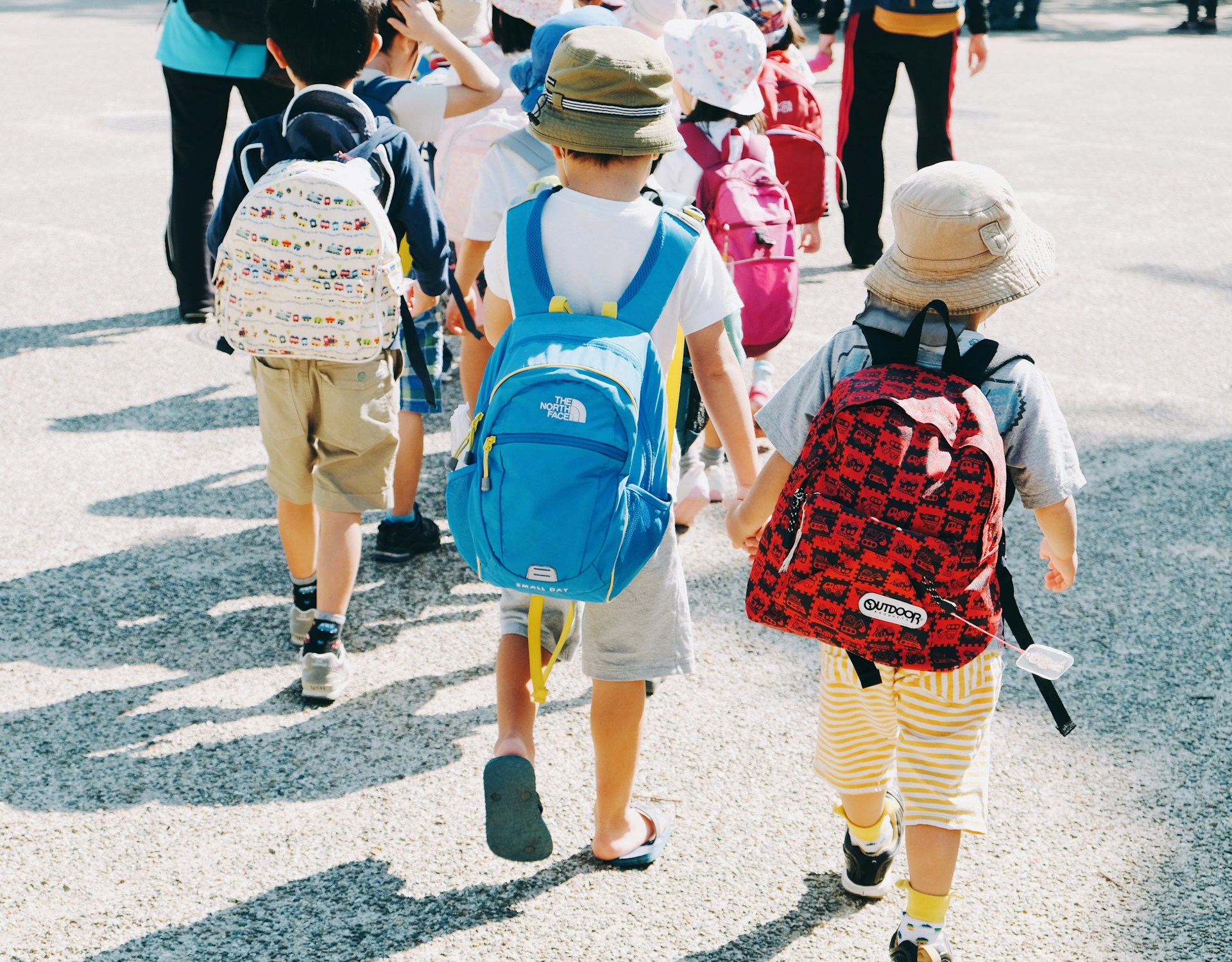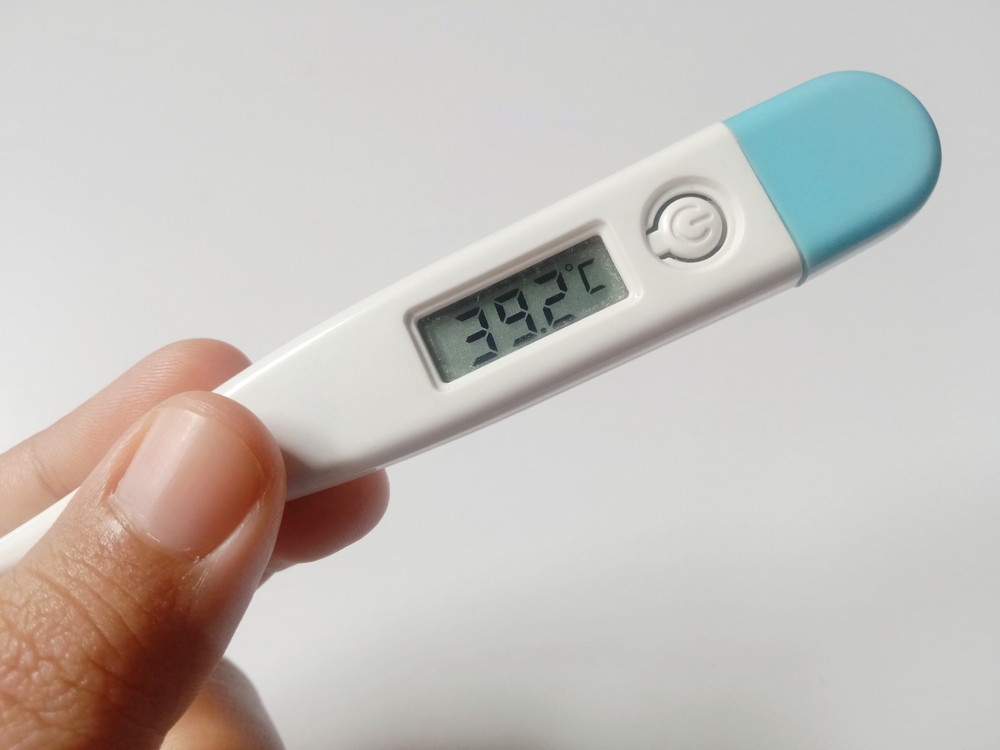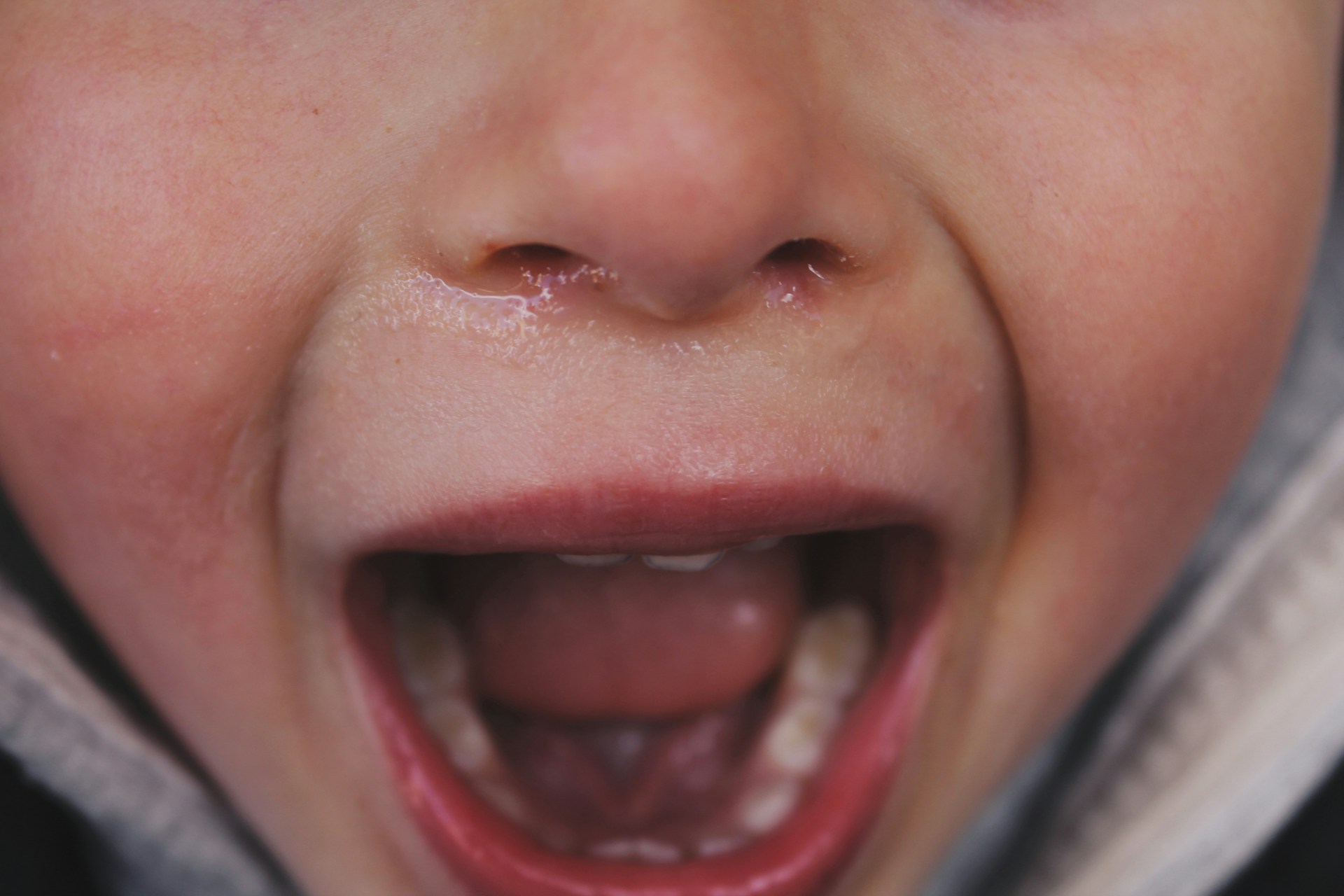School’s back… and so are the bugs
Our MD, Justin, shares some practical ways to survive “contagion central”. Do the summer holidays already feel like a distant memory? As a dad of...

Winter has officially come to an end. Why has no one told all the common winter respiratory bugs that are still kicking everyone’s butts?
Even through spring, parents and their kids are continuing to get sick. This post will help you understand the key reasons why that is and offer some tips on how to stay healthy during (and after) cold and flu season.
The lingering impact of the pandemic has a lot to do with this:
We have seen really big increases in reported cases for a range of major illnesses:
Insert graph showing increased cases.
The number one thing you can do to protect your family is to ensure everyone has the relevant vaccinations up to date.
Getting vaccinated against the flu helps protect both you and the people around you.
The flu shot both reduces your chances of getting it and the severity of symptoms if you do. Anyone over the age of 6 months is safe to get the flu vaccination.
While most people aim to get their shot earlier in the year, it’s never too late to get vaccinated, especially if you are planning to travel.
Health Direct covers a range of common questions about the flu vaccine.
RSV is the most common cause of infant hospitalisation because it can often progress to pneumonia or bronchiolitis. The RSV immunisation can be approximately 80% effective at preventing RSV associated hospitalisation.
A lot of mums will already know this highly contagious respiratory infection is particularly dangerous for babies and young kids.
The whooping cough vaccine is part of your child’s immunisation schedule and important not to be missed.
Other proven ways to help prevent the spread of respiratory illnesses.
· Ensure good hygiene and regular hand washing (hi, kids!)
· Keep infected people away from others (especially babies & older people)
· Cover your nose and mouth when you sneeze or cough
· Throw out tissues as soon as you’ve used them
· Don’t share cups, glasses or cutlery with people
· Did we mention the importance of regular hand washing? (hi again, kids!)
As always, if you’re after specific advice that relates to your family’s current health, visit your friendly local GP.

Our MD, Justin, shares some practical ways to survive “contagion central”. Do the summer holidays already feel like a distant memory? As a dad of...

The dreaded fever. One minute your little one is tearing through the tupperware drawer, the next they’re radiating heat like a mini radiator—and...

Let’s be real… Kids are tiny, adorable tornadoes. One minute they’re building a Lego castle, the next they’ve stacked it...or even hidden a piece of...